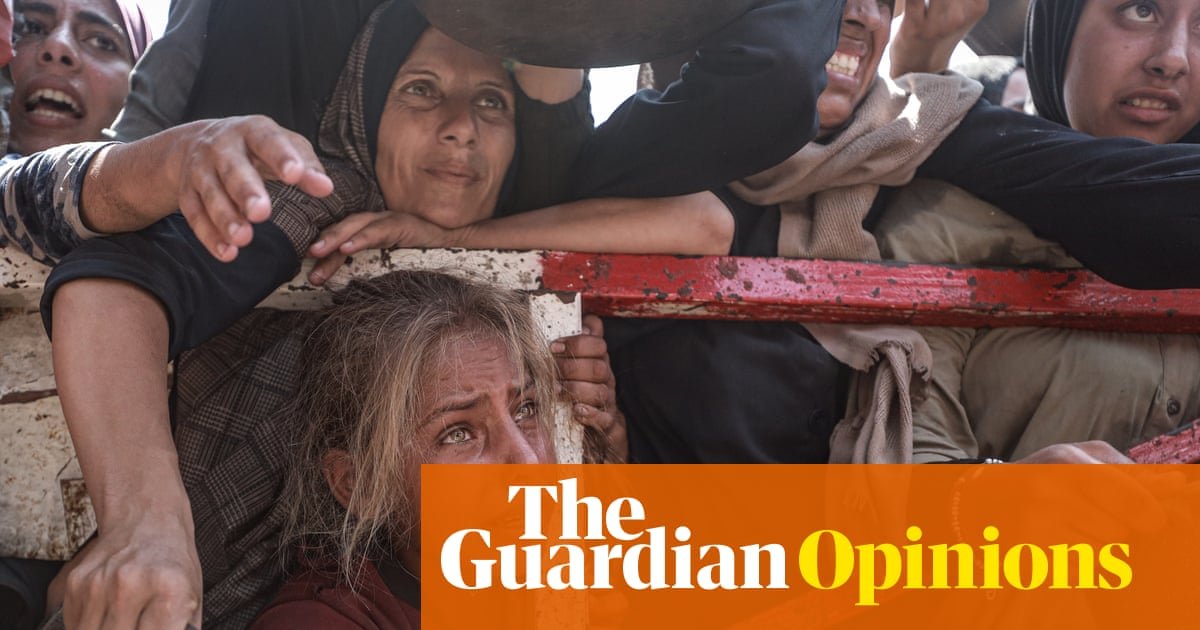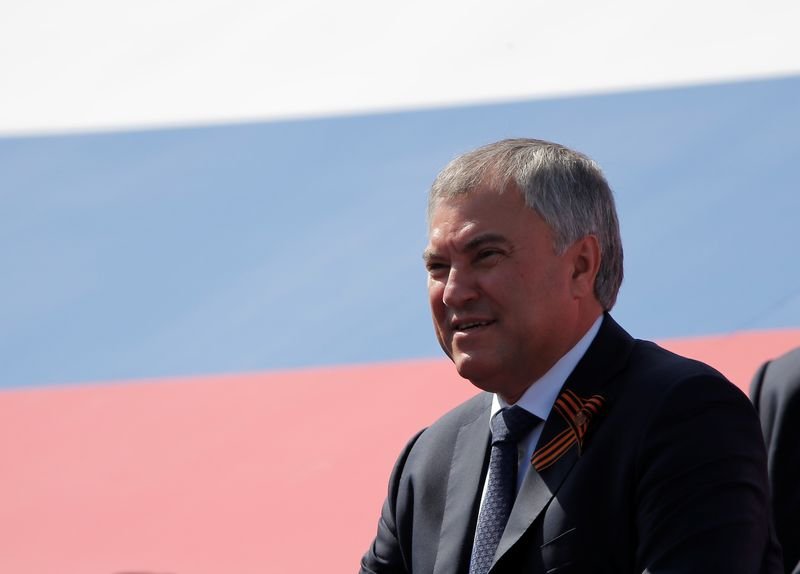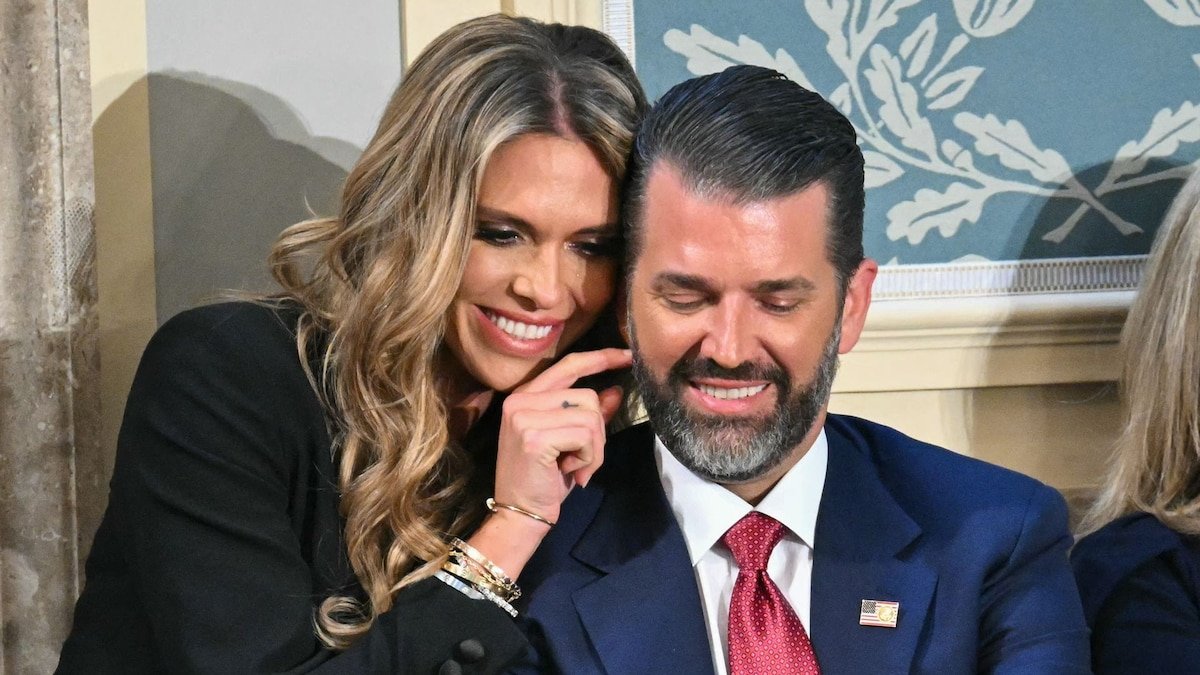Sir Keir Starmer’s declaration on Palestinian statehood sends a welcome signal for the future. But more pressure is needed if a humanitarian catastrophe is to be averted
The symbolism of Palestinian statehood matters. For months, the Israeli prime minister, Benjamin Netanyahu, and his far-right coalition allies have cruelly laboured to make Gaza an uninhabitable hellscape. In the West Bank, the relentless expansion of Israeli settlements is likewise intended to foreclose, for ever, the possibility of a viable, independent Palestinian state. Mr Netanyahu’s approach to calls for a two-state solution in the Middle East has been to systematically work to ensure it never happens.
Sir Keir Starmer has thus sent a welcome signal by declaring that, in the absence of a ceasefire and a revived peace process, Britain will move to formally recognise Palestine. Against a backdrop of images of starvation in Gaza that recall the 20th-century horror of Biafra or Ethiopia, Sir Keir’s intervention (and that of the French president, Emmanuel Macron) gestures to the necessity of creating a different future to the one envisioned by Israel’s extremist government.
But the urgent imperative is not to build a state; it is to save a population on the brink of social and physical collapse. On Tuesday, the United Nations food security agency confirmed that “the worst-case scenario of famine is unfolding in the Gaza Strip”. The four Gaza Humanitarian Foundation distribution sites, touted by Israel as an alternative to blocked UN aid, are both hideously inadequate and lethally dangerous to access. Close to 100,000 women and children are in urgent need of treatment for malnutrition, while one in three Palestinians in Gaza are going for days without eating.
Seeking to massage international opinion, Israel has resumed its past tactic of introducing partial mitigations and temporarily easing barriers to the delivery of aid. But in a ravaged landscape, where social cohesion and order has broken down, Gaza’s starvation crisis is much too advanced to be resolved by “humanitarian pauses” to the military onslaught. Similarly, airdropping aid may salve the consciences of western countries, but it will provide minimal food and has proved dangerous as well as inefficient in the past.
The existential reality is plain. Unless Israel agrees to end the war, and stands back to allow a vast and sustained injection of UN aid, thousands of Palestinians will die either directly or indirectly as a result of a human-made famine. The UN Relief and Works Agency for Palestine (Unrwa), scandalously banned from operating on spurious grounds by Israel, has the equivalent of 6,000 trucks of food and medicine ready to cross into Gaza. Along with other aid organisations, it must be empowered to use its experience and expertise to bring the territory back from the brink.
Diplomatic gestures towards Palestinian statehood will do little to force that outcome, as Mr Netanyahu’s dismissive response to Sir Keir’s declaration swiftly underlined. Sanctions might, though, by potentially ratcheting up pressure on Mr Netanyahu as more tangible effects of Israel’s moral isolation hit home. The European Union, which is Israel’s largest export destination, has cards to play. Britain could move to pause preferential trade access, and expand current restrictions on arms sales.
As Israel’s response to the horrific massacre of 7 October 2023 has become shockingly disproportionate, its allies in the west have done far too little to influence the course of events. This week, in Europe at least, the mood has begun to shift. But if Gaza is to be saved, decisive action is required.
The Guardian view on famine in Gaza: the time for the west to act decisively is now | Editorial – The Guardian



